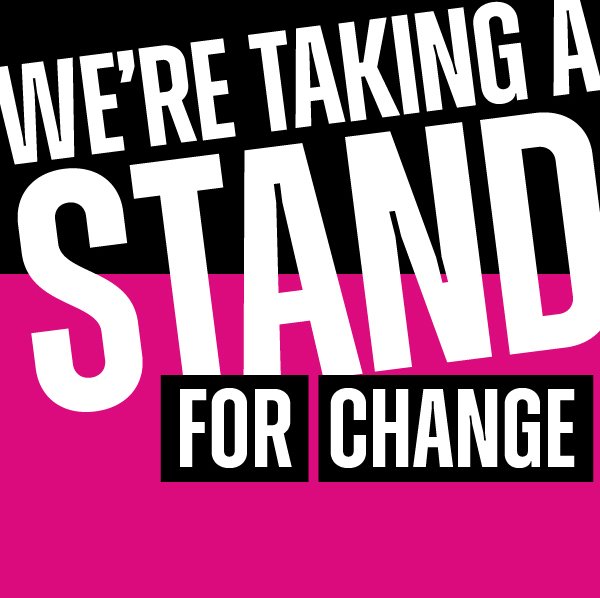Futurebuild 2024 Day 3 - Sharing Visions for Change (Edge Debates 163 - 166)
Day 3 of the Conference examines how we can stimulate and encourage the degree of change needed: through education, AI, local actions to lead the future and getting net zero right.
Edge Debate #163: 10.30-11.30
The role of education in climate awareness
What role can education play in creating an informed climate-literate citizenry?
From nursery schools to lifelong learning education must pave the way for better understanding of environmental issues. Within the built environment, numerous initiatives are driving change, including the Climate Framework, the ACAN Education working group, Zero Construct and the CIC Climate Change Committee toolkit for professional institutions. Mobie encourages young people to engage with construction.
Teach the Future prepares children starting school today to be climate and ecologically literate to enter the workforce or further education by 2035 and as Teach the Future supporter, Nadia Whittome, MP reports “Labour has adopted my Climate Education Bill in our draft policy programme.”
Moderator:
Django Perks, Teach the Future
Speakers:
Our main asks
Niamh Crisp-O’Brien, Teach the Future
Inspiring young people to build the homes of the future
Gerry Ruffles, Head of Education, Ministry of Building Innovation and Education (MOBIE)
Climate and ecological literacy led initiatives for the construction industry
The Climate Framework
Mina Hasman, founding member of the Climate Framework, Sustainability Director, SOM and author of the RIBA Climate Guide and CIC Climate Change Committee
The CIC Toolkit for professional institutions
Aled Williams, Chair, CIC Education & Future Skills Committee and Executive Director, Innovation & Partnerships UCEM
The Competence Framework
Simon Foxell, the Edge
Edge Debate #164: 12.00-13.00
For better or for worse: the role of AI as an industry disruptor
Discussions of artificial intelligence (AI) range from championing its positive gains to extreme caution about dire unintended consequences. This debate examines the issues.
Chair:
Dr Olli Jones, Head of Sustainability and Innovation, Cundall
Speakers:
All systems go
Martha Tsigkari, Head of Applied R & D, Foster & Partners
Mike Moseley, Knowledge Transfer Manager – Construction, BridgeAI
versus
Proceed with caution
Aaliyah Pollock, Data and Tech Analyst, RICS
Brian Hills, CEO, The Data Lab
Edge Debate #165: 13.30-14.15
Hustings / Call for action. The Future is local for a just transition
Many local authorities, organisations and businesses have declared climate and biodiversity emergencies. While central government has seemingly lost direction on these critical issues, regional governance and action is leading the way.
A recent report by the Mission Zero Coalition, The Future is Local, identified over 30 recommendations on how the Government can give greater agency to local authorities to deliver net zero.
Mayors, local leaders and community activists from across the country are here to tell us more.
Chair:
Julia King, The Baroness Brown of Cambridge and Chair of the Cambridgeshire and Peterborough Independent Commission on Climate Change
Speakers:
Combined authorities as agents for change
Dr Nik Johnson, Mayor of Cambridgeshire and Peterborough Combined Authority
Making our net zero goals real – all new build to be net zero carbon by 2025
Cllr Louise Upton, Cabinet Member for Planning, Oxford City Council
People-power to create a zero carbon, socially just and nature friendly city
Anzir Boodoo, City Plan Lead, Climate Action Leeds
How the civic movement can deliver the climate change agenda
Ian Harvey, Joint Founder, Civic Voice and Interim CEO, Institute of Place Management
Edge Debate #166: 14.45 -15.45
‘PECHA KUCHA’: Getting Net Zero Right
Whatever the political outcome of the next election, we must act now for today and for the future. In this session, future leaders share their visions for how to get it right.
Chair:
Ramesh Deonarine, Team Leader – Built Environment, Climate Change Committee
Speakers:
Architect
Gina Windley, architect/sustainability designer, Levitt Bernstein; RIBA Rising Stars shortlist 2023
Engineer
Ellen Griffin, Senior Engineer, Volker Stevin and ICE Northwest Rising Star winner 2023
Natural Environment
Chris Moss, Senior Consultant, Greengage Environmental Ltd and CIEEM highly recommended Promising Professional 2023
Sustainability
Michelle Wang, Sustainability Manager, Deloitte Global Real Estate
Planner
Dr Ada Lee, Infrastructure and Climate Change Specialist, Royal Town Planning Institute
Zero Construct
Sam Burdett, Carbon Manager, Skanska and Co-founder of ZERO Next and Education co-lead, ZERO
Get it right initiative
Gavin Ford, Project Handover Manager, Costain Group PLC and winner of the inaugural ICE Tom Barton Award, Get it Right Initiative
